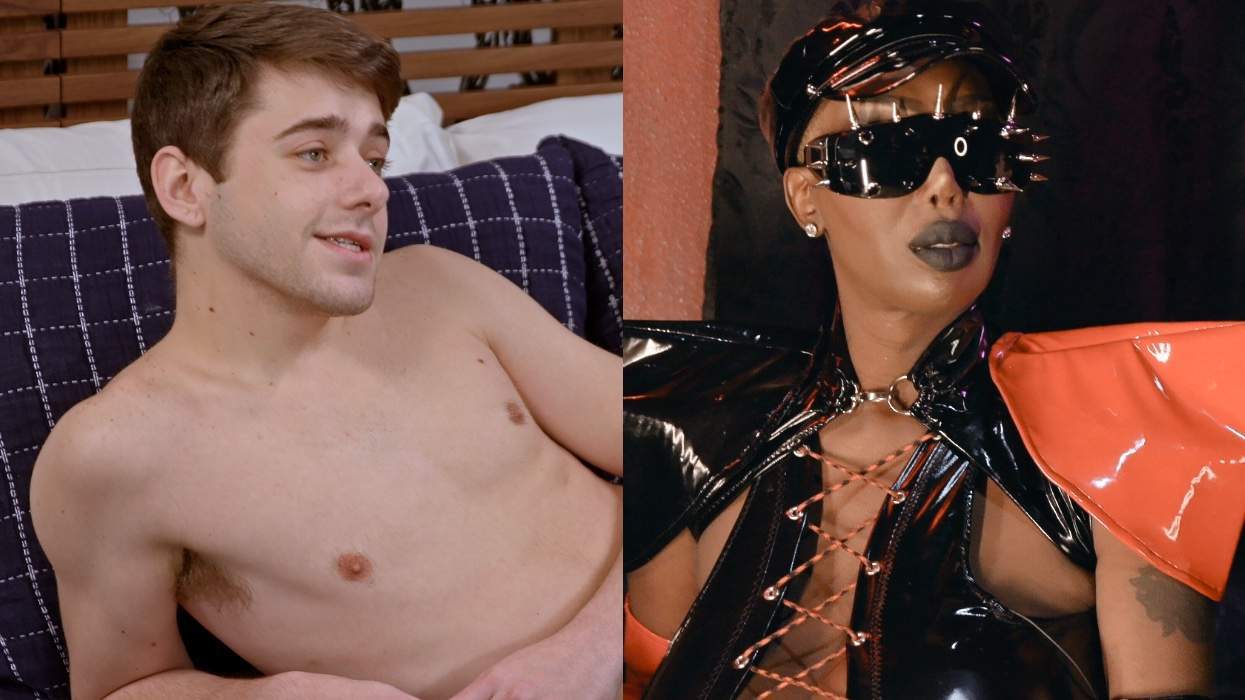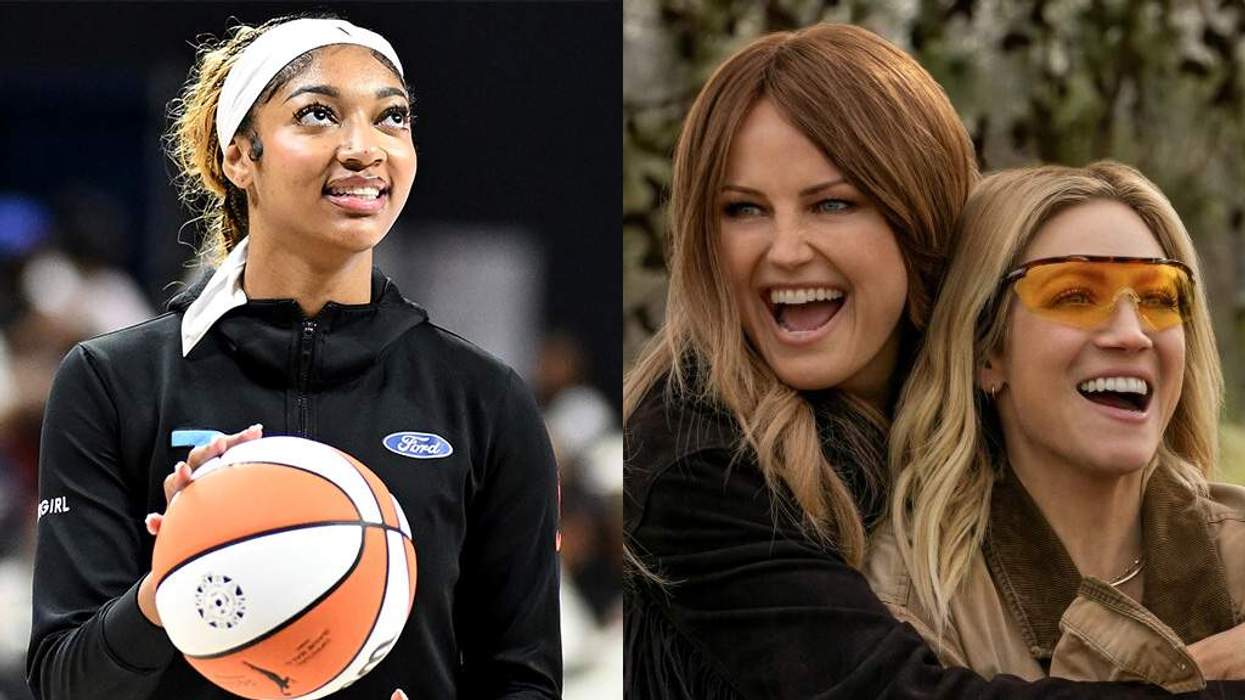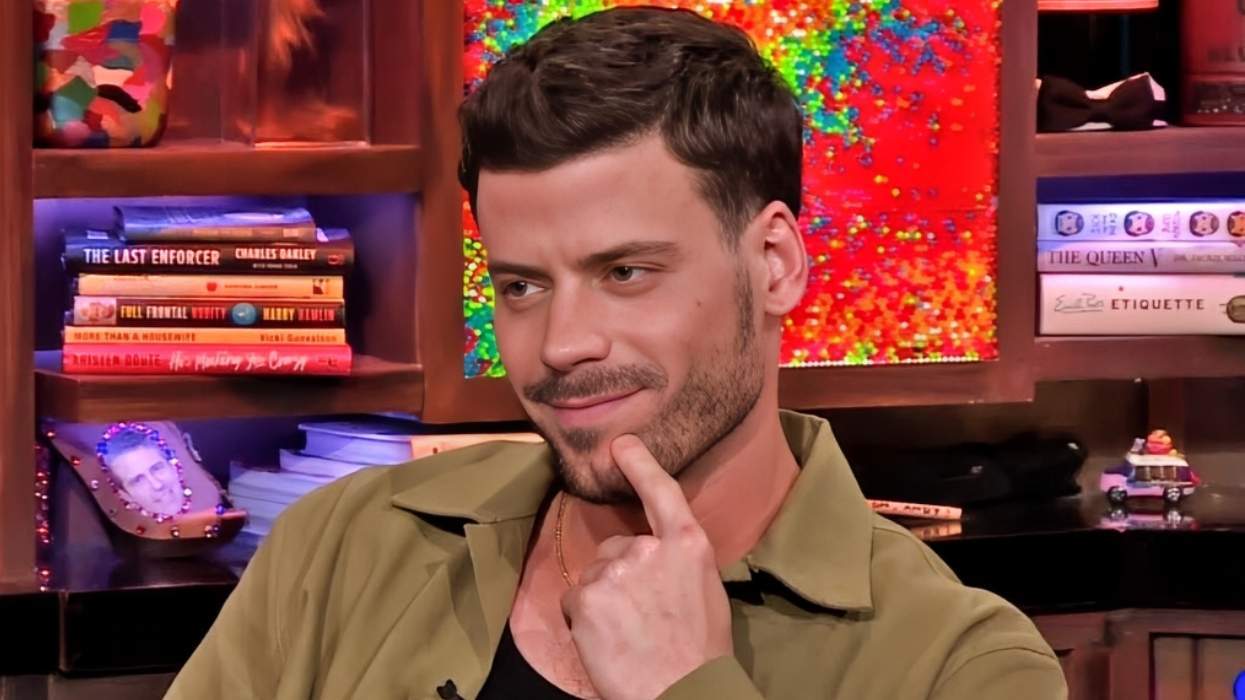When Ryan O’Connell’s blogs on Thought Catalog first blew up, it was because he obsessed—like a lot of us—about finding a way to live a life that feels good. And on this cool May afternoon, sitting on the patio of the Palihouse Hotel in West Hollywood, wearing a white sweater and shorts, O’Connell says, the truth is that, at the time he was “miserable” and “full of self-sabotage.”
“I basically hated myself,” he says, pushing his glasses with his index finger to the top of his nose. “So, for me to write was a way to feel a sense of community with other people and to feel less alone.”
The Internet gave Ryan an outlet for his anxieties about being 24, being gay, figuring out how to be an adult, and trying to find love while feeling unlovable. As a blogger, he brought massive traffic to Thought Catalog, and developed a cult following online, but seeking validation from strangers was, at some level, driving everything. “You get a rush of euphoria every time someone ‘likes’ your posts. It’s gross,” he says, “because it muddles the water—why are you really doing this? What is this for?”
I’m Special: And Other Lies We Tell Ourselves, O’Connell’s recently released book, was supposed to be a kitschy, hip coffee table book called “How to be a Twentysomething,” the type of book that a place like Urban Outfitters carries, which was going to be loosely connected to the personal essays and viral lists he authored for Thought Catalog about millennial life. No one, not even his book editors at the time, knew that O’Connell was carrying a big secret, the one subject he’d never written about.
For 28 years of his life, he successfully hid his cerebral palsy.
“I hate when people don’t talk about things, like, I hate when people just sweep things under the rug. I’m, like, the anti-rug sweeper," says O’Connell, who doesn’t understand people who are closed off about their vulnerabilities.
O’Connell wears round glasses and arches his eyebrows when he speaks. It’s a habit that’s more pronounced when he gets frustrated talking about this time we live in when people “are really in charge of their own image,” and with apps like Instagram, they “cherry pick the brightest moments.” That drives him insane. The people who post effortless looking Instagram posts, he says, are probably “eating take-out Thai curry underneath the covers and crying! They need attention. They feel really lonely.”
After O’Connell outed himself to his editor, the book transformed into a bluntly honest memoir about his journey to self-acceptance, where he writes openly about his drug abuse problems, his inability to date men because of the shame he was carrying about his disability, and the struggle of finding a way to create meaningful work without compromising his personal life.
Those early years at Thought Catalog, he wrote posts as fast as he could come up with them, but it’s not an experience he gloats on fondly. “I look back and I’m, like, oh my God, I can’t believe I did that. It was really hard sitting around all day and thinking about what personal things can go viral, like, literally, [living that life] was so soul-crushing,” he says.
He’s always seen himself in the same tradition of comedians “with balls” like Joan Rivers or Sarah Silverman, who aren’t afraid to say exactly what’s on their mind, even when it gets them in trouble.
O’Connell is known for writing unabashedly about sex and getting rejected by men. Some of his most popular posts for Thought Catalog include, “What It Feels Like To Get F**ked In The Ass,” “The Time I Tried To Kiss A Boy And He Vomited On Me” and “What Would I Be Like If I Were Straight?”
Even as far back as high school, he came out by throwing a party and playing his friends a video he made where a girl dances with him, goes in for a kiss, and then he stops her by looking into the camera to scream, “I’m gay, bitches!”
That irreverence doesn’t change in I’m Special, in which he writes about pooping during his first time having anal sex with a guy. “If I’m gonna have to fucking take the bullet about shitting on someone during anal sex, then I guess I'll do it! Even though a lot of gay guys will read that and go, oh my God! Been there! Shit on that.”
He describes his attitude toward writing about those subjects at the time as, “I’m, like, lawl, you guys are just scaredy cats and not telling the truth and I guess I’ll just fucking do it!”
He wasn’t scared to write about those subjects because he knew everyone else was having sex and getting rejected. But everyone doesn’t have cerebral palsy.
And O’Connell wasn’t scared of coming out of the closet, in part, because he had supportive parents who he said never made him feel ashamed about being gay. But he gets shame. “I understand about shame, trust me honey,” he tells me, “because of my disability.”
Cerebral palsy held O'Connell back from seeking meaningful relationships with men. He was afraid to go on dating sites because he thought that he would "false advertise" and "didn’t want to show up to a date limping." When he would go on dates with people, he says, "I would try to conceal or try to have them walk ahead of me so they didn’t see me walk. I mean, it was just torture. It was fucking torture."
Looking back on that period of his life, he says he would agonize in his room in New York, and say to himself, “I don’t get it, why does no guy talk to me? Well, maybe because I hate a fundamental part of myself and I’m in complete denial about it?” But now O'Connell has no time for self-doubt, he says, "I'm, like, lawl, anyways, just limping all over the place, and I don’t give a shit! I don’t care. It's such a relief to not care."
The confidence that gave him the ability to write openly about nearly every embarrassing detail of his life was “on-loan,” during his time as a blogger, as he calls it, because he would tell people that his visible limp came from a car crash. When in reality, it came from his cerebral palsy. “The irony is that I was doing all of this and keeping a huge shameful secret the whole time,” says O'Connell.
“People admire balls and they admire people doing things that they can’t do for themselves,” says O’Connell, “And they like people speaking for them. I’m happy to do that for anybody.” After coming out about his cerebral palsy, he says, “I don’t care about anything anymore and now that I’m open about it, I have nothing left to hide and I can just do whatever I want.”
At 28, he no longer feels it necessary to write about himself and seek validation from retweets, likes and followers, like he used to:
“I’m more settled into my skin and I’m more confident and, honestly, just more less-damaged than I used to be. I don’t have as many issues so I think the writings of who I was at Thought Catalog was the writings of someone who was very sad, felt very lost and didn’t know if they were ever going to be happy. And a lot of that had to do with me being on drugs, and a lot of that had to do with me denying my disability and feeling very ashamed of myself.”
O’Connell says that it is because of I’m Special that he doesn't “feel the need to broadcast my emotions the way I used to.” Though personal writing will always be a medium for him to understand his feelings, he is at a point now where his “real life” is more fulfilling than his online life. He says, “My IRL life is much more fulfilling than my URL life and that was not the case before. My URL life was blooming beautiful and my IRL life was like a fucking barren wasteland dying desert dying cactus.”
Being honest about his cerebral palsy let him say goodbye to the last thing that held him back from living as his true, authentic self. Even when everything in his life was going really well, there was still this one thing he was not addressing, he says, “Pretending it was not there… just soured every moment.”
"I mean, when you don’t own all of yourself, like, it’s going be a hard road for you,” he warns. “It really is. You can try to deny it, and be, like, I don’t need to address this, I don’t need to talk about it, but you do — because it’s a big part of what you do, and you’re ignoring it."
The feeling he brought to his blogging and his book is reflected in Awkward, where’s he a writer. Awkward is in its last season at MTV, but O’Connell hopes that the legacy of the show becomes one that “shows you can talk about teenage issues without coming off as unrelatable, annoying or preachy. Our characters have sex and get drunk and there’s not a tidy moral at the end, like, ‘don’t have sex or don’t get drunk.’” He wants to see characters like Jenna Hamilton struggling with the same issues real-life teens deal with, like “not getting texted back and going into a spiral about it.”
He sets Awkward in the tradition of classic teen shows like Freaks and Geeks and My So Called Life. Now that he is on the other side of the TV screen, he recognizes how important it is to “see your experiences reflected back at you,” and he hopes that for the “teens that watch Awkward, it’s not like watching some teenage fantasy, like Gossip Girl, where people are faking pregnancies and having fake abortions.”
He may not be writing as many essays these days, but his newest move, a deeply personal and meaningful project for O'Connell, could make television history.
“For me, putting a gay disabled character on TV is like the number one most important thing to me. I feel like we could help so many people by doing this.”
Thinking back as far as a year to this day, he would never have conceived of sitting with me, or anyone for that matter, talking about Cerebral Palsy, because it was something that was “so locked inside of myself,” says O’Connell, leaning in to the table.
“Confidence is real,” he says, and after revealing the secret he carried, he remembers “guys flocking” to him for the first time. O'Connell describes walking with a newfound confidence, and becoming conscious of this feeling after he was “limping my shit to fucking Intelligensia,” the popular coffeeshop in the Silverlake neighborhood of Los Angeles. At the crowded shop, he didn't care that people gawked at him; he knew they were thinking, “Ooh, who’s that guy with the limp who looks like he doesn’t have a limp? He’s chic.”
Warner Bros. acquired the TV rights for I’m Special and it is currently under development as a half-hour comedy sitcom. O’Connell will write and executive produce the show along with Jim Parsons and Todd Spiewak, who will executive produce the show through That’s Wonderful Productions. He says America is ready for a gay disabled character on television. And, like the rest of his oeuvre, he hopes it will be another experience people will see themselves reflected in.
“Any gay person — spoiler, all gay people — that has felt ‘other’ and not like they fit into the mold, this is the show for them.”
The same writer who says he hates writing for the Internet is the one who has reached thousands of people with his writing online, and the one who has been granted an even greater platform because of his success. He started out searching for a way to live a life that “feels good," but that’s not what made people listen.
“The reality is, and I think everyone knows this, is that there are some really daaaaaark moments to life, but those aren’t being highlighted, and I want to shine a light on that darkness,” says O’Connell, smiling a wide grin.
Photos by Yannick Delva. Graphics by Levi Chambers.






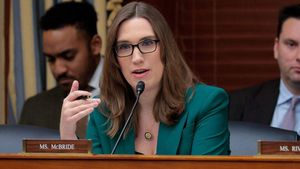
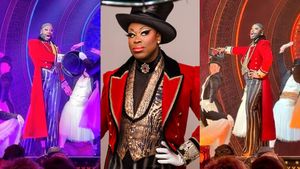



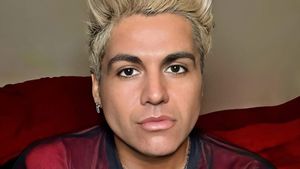
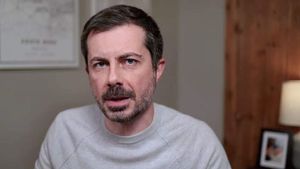
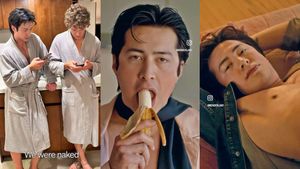
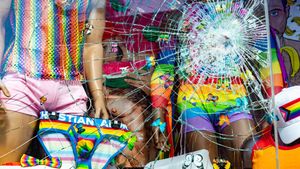
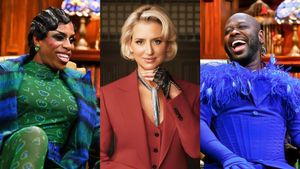

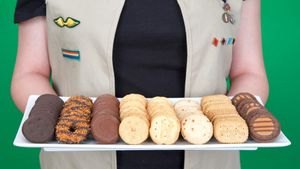

















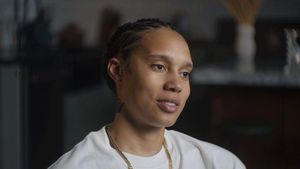






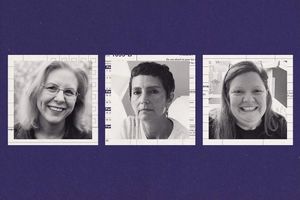


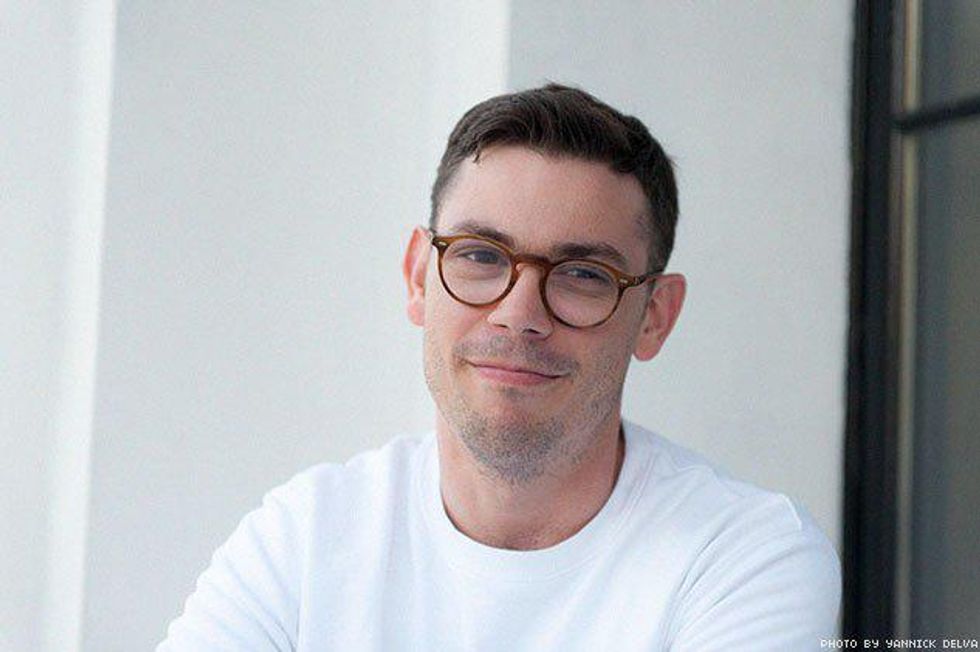
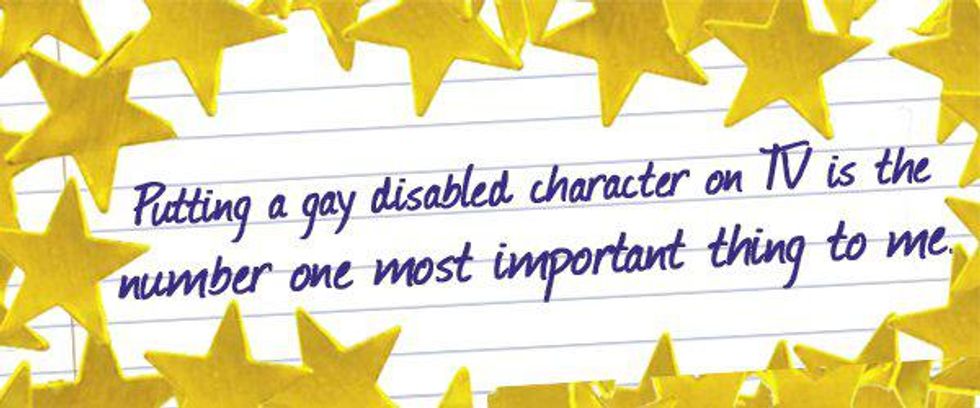
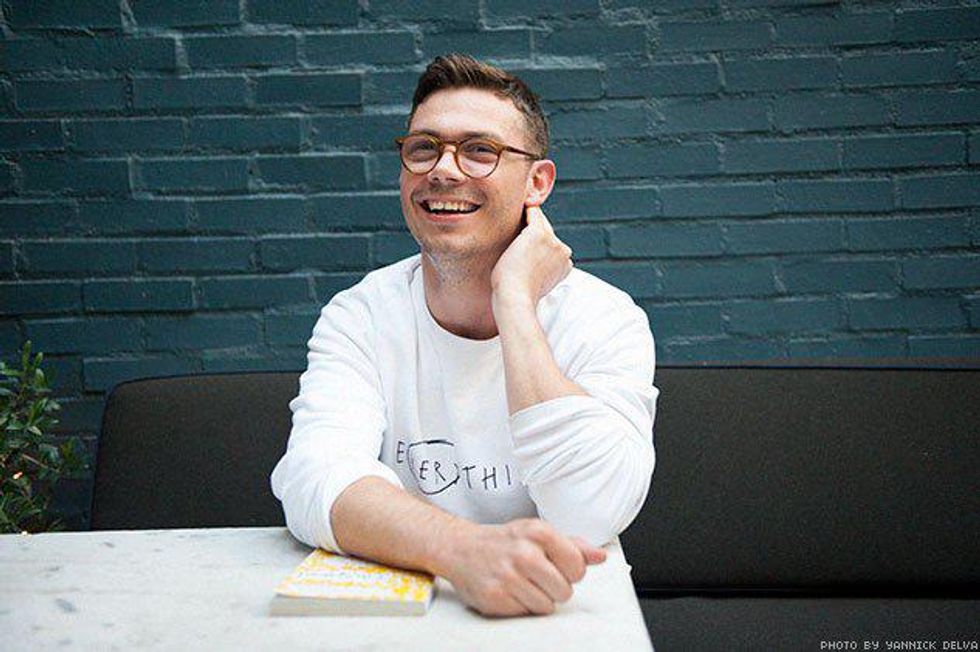
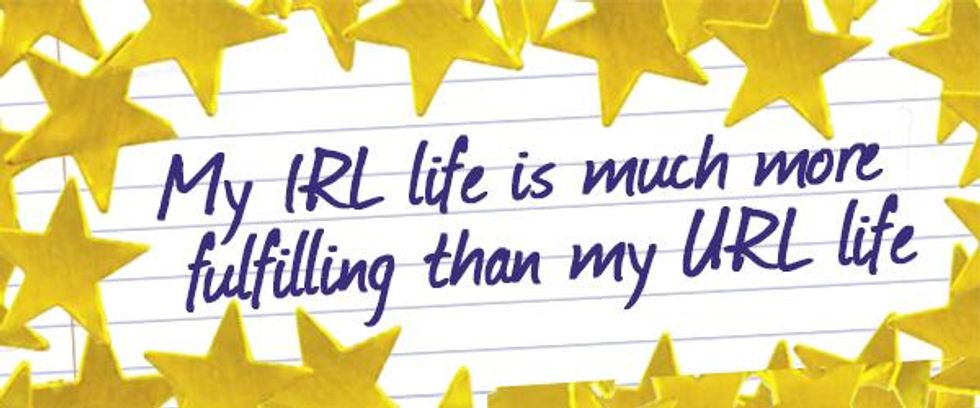
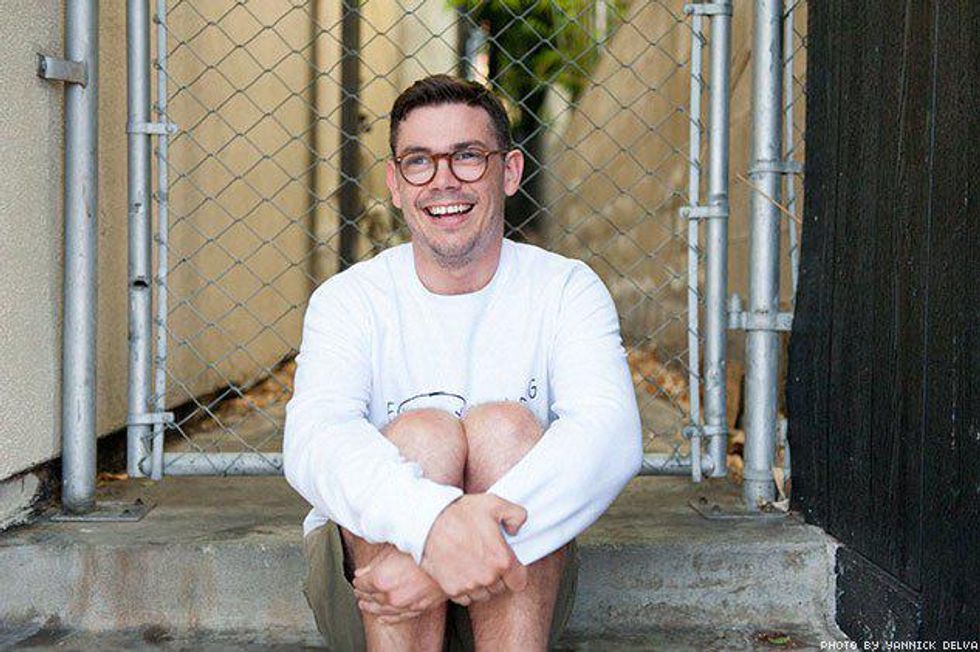
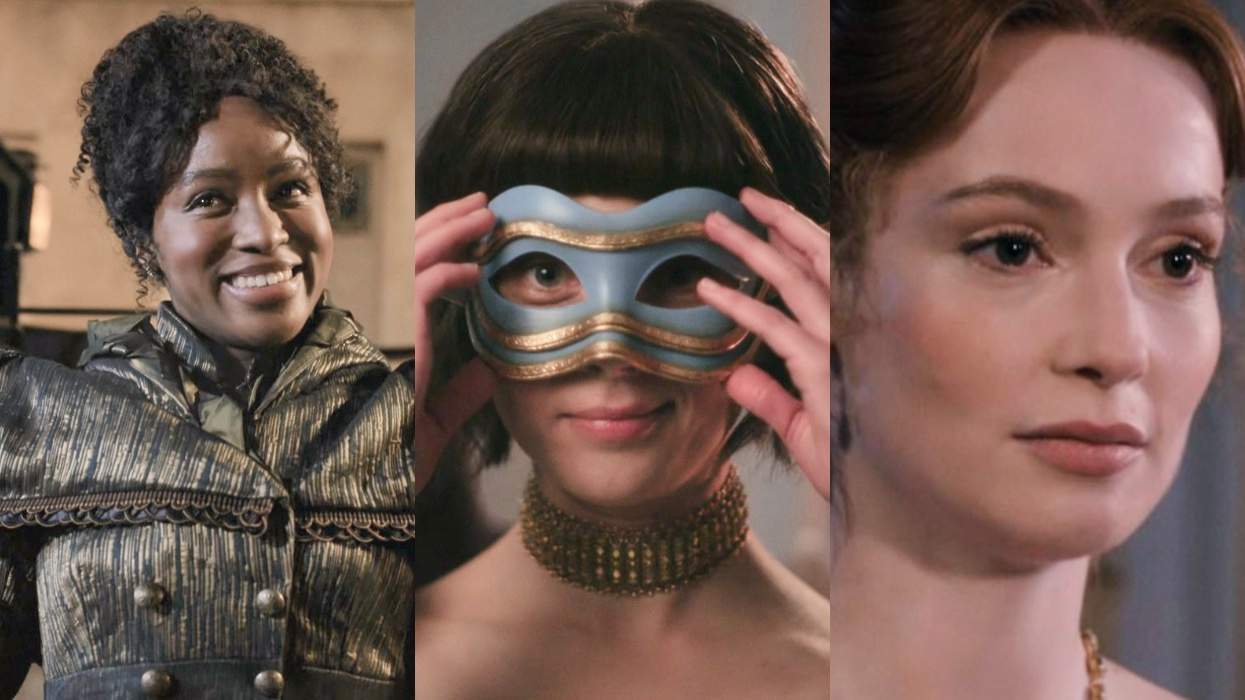
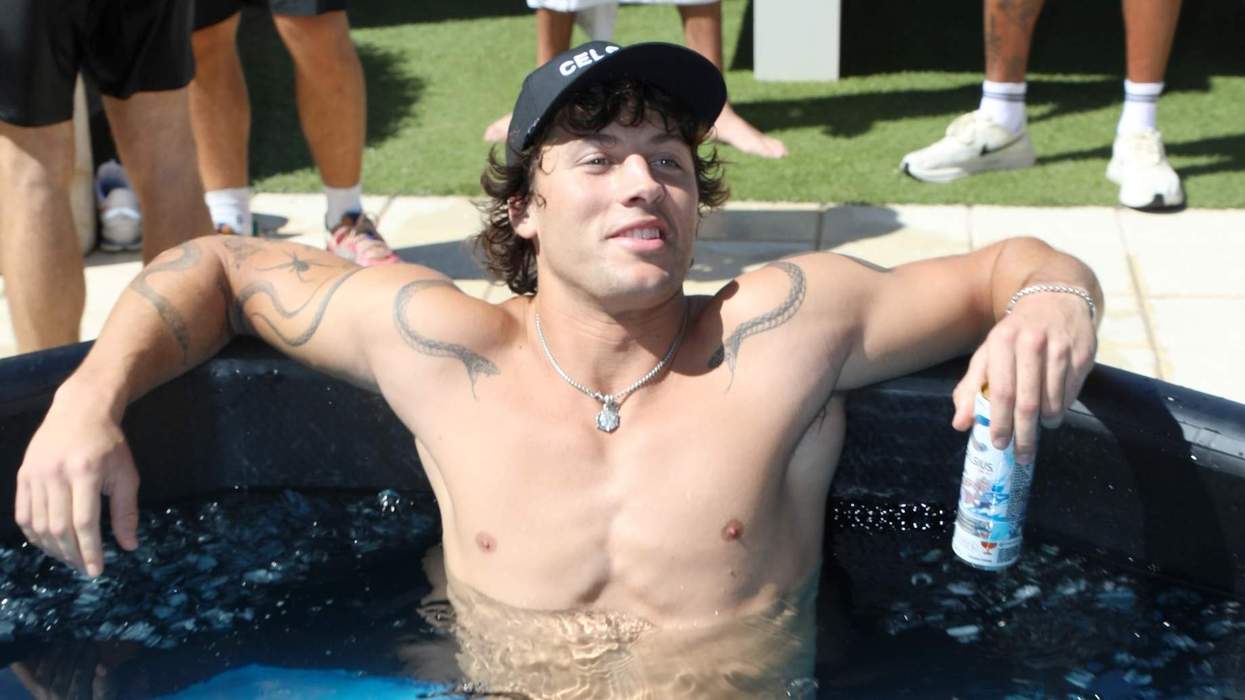
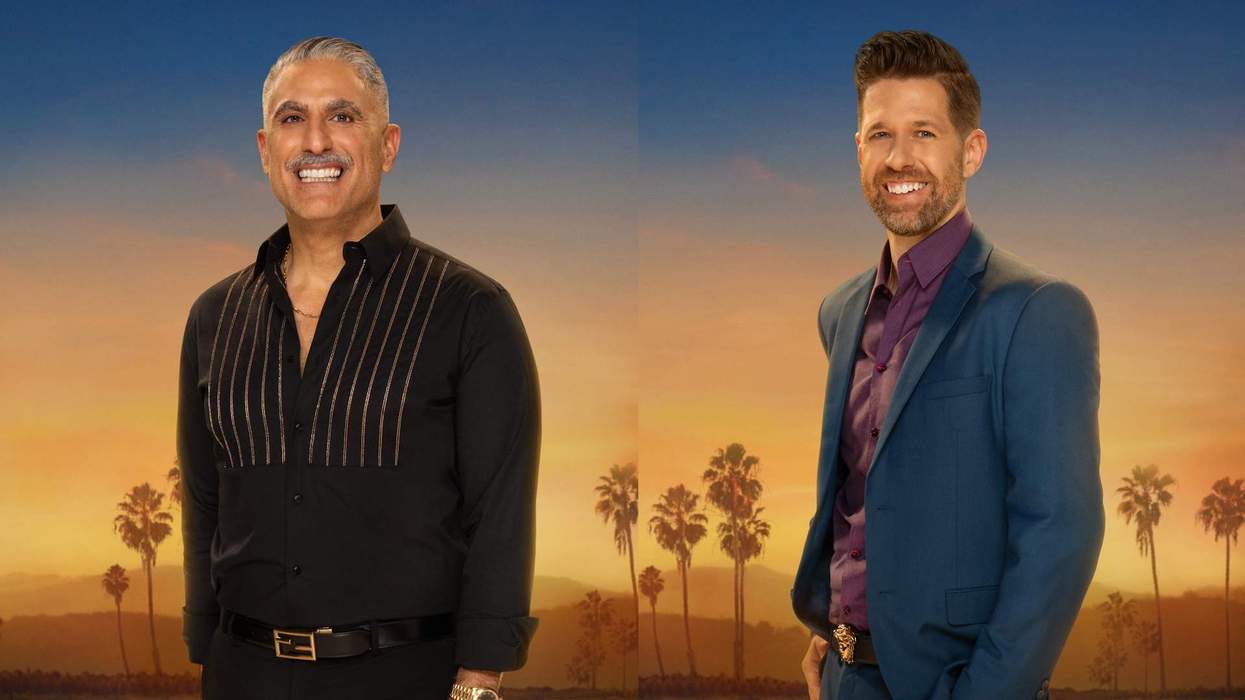
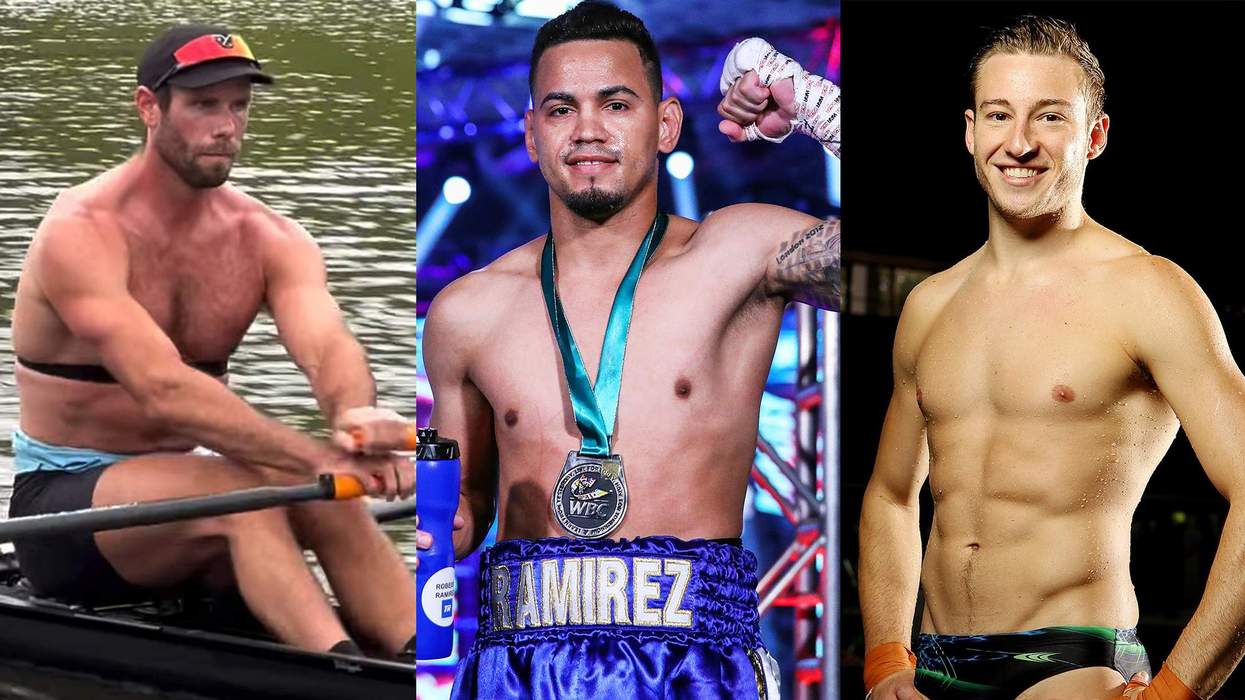






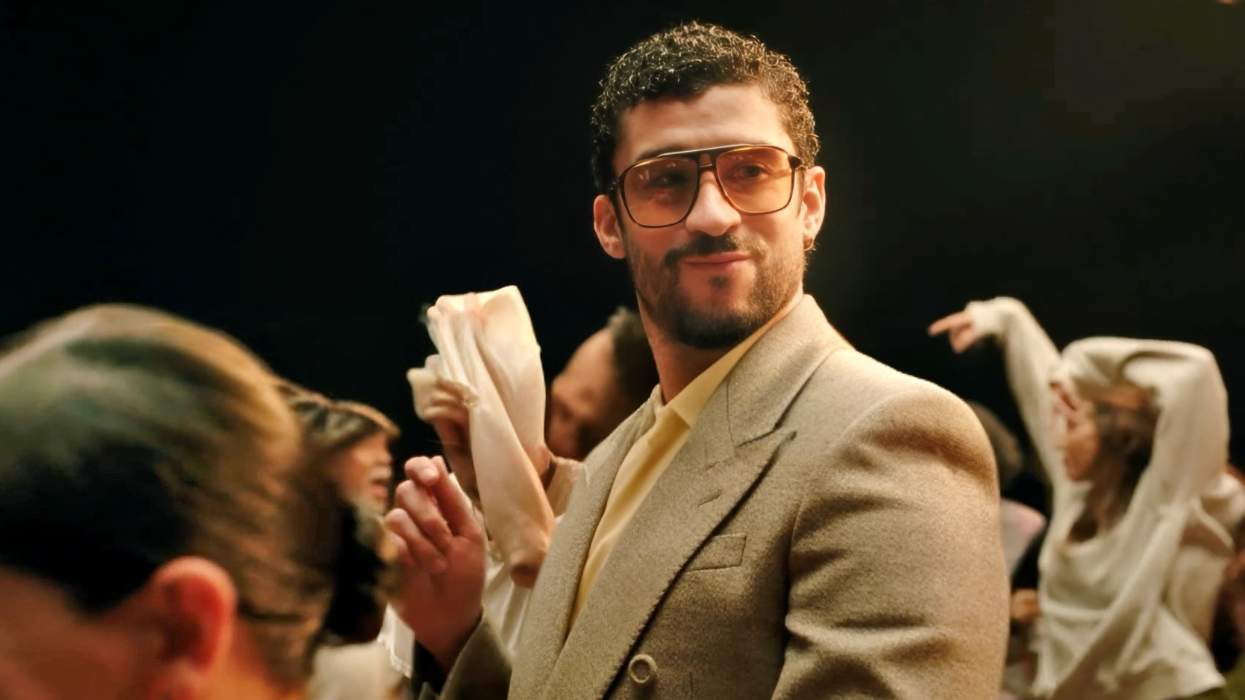
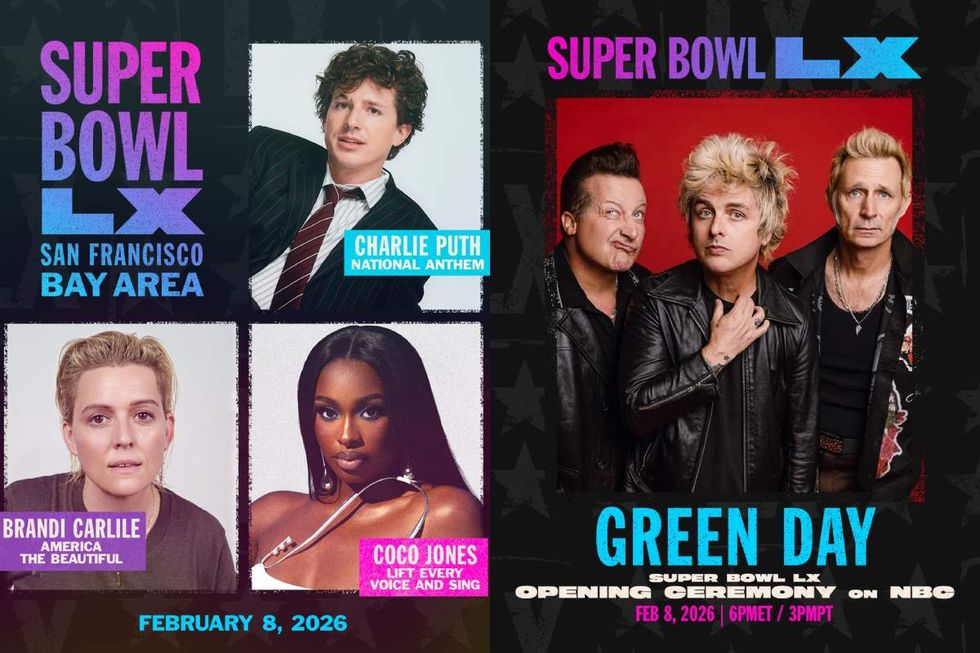 Charlie Puth, Brandi Carlile, Coco Jones, and Green Day announced as performers for the 2026 Super Bowl.
Charlie Puth, Brandi Carlile, Coco Jones, and Green Day announced as performers for the 2026 Super Bowl.